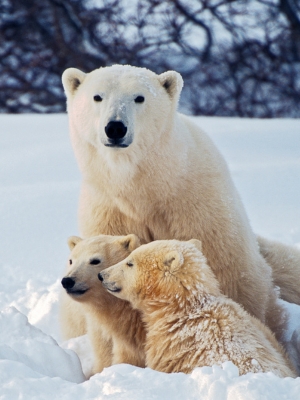It was recently announced that midland painted turtles have been identified as a species of “special concern” by the Committee on the Status of Endangered Wildlife in Canada (COSEWIC). This was the only turtle left of the eight species native to Ontario not recognized by COSEWIC to be at some level of risk. At times, I’ve been critical of COSEWIC for waiting too long to designate species as being at risk. The best time to protect a species is when serious decline is first documented.
But, people receiving economic benefits from activities such as land development and destruction of wetlands that put species at risk often denounce “over”-reaction. It is still easy to find painted turtles. But, I remember when it was easy to find barn swallows or eastern meadowlarks, species also now listed by COSEWIC. Their declines were rapid.
COSEWIC categories include extinct (a wildlife species that no longer exists); extirpated (gone from Canada but existing elsewhere); endangered (imminent risk of extirpation or extinction); threatened (likely to become endangered if nothing is done to prevent it from happening); and special concern (a species likely to reach endangered status if nothing is done to prevent that from happening). All ten native Canadian turtle species are now listed in one of those categories. None are considered to be not at risk of endangerment! I’m glad COSEWIC acted on behalf of painted turtles when it did.
In Canada, foremost risks to turtles include habitat loss (it’s estimated more than 70% of wetlands have been destroyed in Ontario) and the risk of being hit by cars on roads adjoining, or through, wetland habitats. There is a special problem created by the exotic pet industry by importing another turtle species, the red-eared slider, which is native to the U.S. Red-eared sliders aggressively out-compete native turtles for resources. They are in the environment because people have bought them when they were small, to keep as pets, but then released them into the wild as the novelty wore off and care for the animals became burdensome.
Our snapping turtle had the extra pressure of a legal hunt, finally stopped.
Shortly after the COSEWIC announcement, I received news of a new study of black-spotted turtles from Asia documenting an accelerated trade in that species, with over 10,000 illegally poached specimens of the pretty little turtles confiscated in just two years. There is no way the species can survive that pressure, and it is not alone. Turtles, sea turtles, and tortoises worldwide are being relentlessly hammered by combined commercial forces of trade for meat, pets, and shells; by habitat loss; by cars on roads; by competition from introduced species; and from increases in predatory species such as raccoons, that benefit from human presence. As a rule, they are slow to reach sexual maturity and have naturally high rates of mortality at the egg and hatchling stages.
They outlived the dinosaurs, but they may not outlive us.
Keep Wildlife in the Wild,
Barry
 Dear Reader,
Dear Reader,